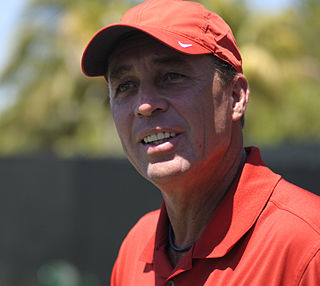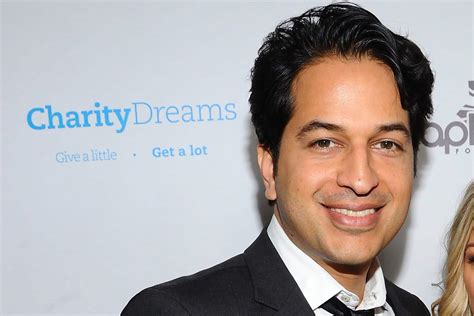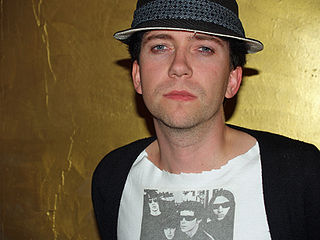A Quote by Stephen Colbert
Ignorance is bliss. Oedipus ruined a great sex life by asking too many questions.
Related Quotes
If you don't put the spiritual and religious dimension into our political conversation, you won't be asking the really big and important question. If you don't bring in values and religion, you'll be asking superficial questions. What is life all about? What is our relationship to God? These are the important questions. What is our obligation to one another and community? If we don't ask those questions, the residual questions that we're asking aren't as interesting.
All the songs are written from the perspective of a person, being me, who had trouble with some of the big questions in life, like, are we meant to be together with the same person for the rest of our lives? Or, is it frowned upon if a man goes through many women at all times? What is the meaning of love versus sex? It's just a lot of big questions, I guess, that are really difficult to answer. People see it very differently, but people sometimes suppress their lust. And it's not only sex. It could be lusting for anything that's supposedly very bad for you but can be good for you, too.
Many of the questions we ask God can't be answered directly, not because God doesn't know the answers but because our questions don't make sense. As C.S. Lewis once pointed out, many of our questions are, from God's point of view, rather like someone asking, "Is yellow square or round?" or "How many hours are there is a mile?
Most people believe that great leaders are distinguished by their ability to give compelling answers. This profound book shatters that assumption, showing that the more vital skill is asking the right questions…. Berger poses many fascinating questions, including this one: What if companies had mission questions rather than mission statements? This is a book everyone ought to read—without question.
In science we see progress. In art there is no progress. In art the questions have always been the same. From the beginning of time till now, we are always asking the same questions. There are very few. We are looking for God, we are asking why we die, we are contemplating sex and the beauty of nature. The only thing that changes is that, in each period of questioning, we speak with the language of our time.

































